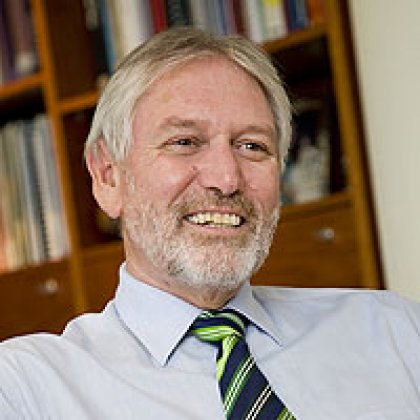
The Bill & Melinda Gates Foundation and AusAID are joining forces with the newly-formed AusAID Knowledge Hubs to fund a $4 million project aimed at reducing the millions of maternal and child deaths that occur globally each year.
The project, to be launched at a Brisbane meeting of all partners on April 2-3, 2009, is a cross-hub collaboration, led by The University of Queensland (UQ’s) School of Population Health.
It will focus on reducing maternal and child mortality in five Asia Pacific countries – India, Indonesia, Nepal, Papua New Guinea and the Philippines - where rates of preventable maternal, neonatal and child deaths are particularly high.
“Affordable and effective interventions to prevent these deaths already exist, but health systems are failing to reach the poor and marginalized populations in many countries,” said Dan Kraushaar, Integrated Health Solutions Development, Global Health Program at the Bill & Melinda Gates Foundation.
“This project aims to help governments develop realistic plans and budgets to scale up these interventions and reduce maternal and child mortality.”
The project team is working in close collaboration with researchers from in-country institutions as well as the global and country offices of development partners in the region, including UNICEF and WHO, to ensure that the study results are translated into real action in each country.
AusAID’s Principal Health Advisor Jim Tulloch said that the project was part of AusAID’s commitment to helping Australia’s neighbours in Asia and the Pacific reduce their rates of maternal and child mortality.
“This project will assist governments to prioritise interventions and decide where to allocate resources to achieve this aim,” Dr Tulloch said.
The Head of the UQ School of Population Health and Project Director, Professor Alan Lopez, said the project was an important step in progressing the United Nations’ Millennium Development Goals (MDGs) four and five which aimed to significantly reduce maternal and neonatal mortality by 2015.
“Significant – and equitable – progress towards MDGs four and five requires not only a greater focus on maternal and child health among policy makers and donors but for resources to specifically target strategies that will have the greatest impact on health for all women and children, and particularly the poor and vulnerable,” Professor Lopez said.
Principal Investigator, UQ’s Eliana Jimenez said the project benefits would be far-reaching.
“This project represents a valuable opportunity to help make a significant difference to the health of some of the world’s poorest mothers and children,” Dr Jimenez said.
Media: Sonja Firth. +61 (0) 415 484718, s.firth@sph.uq.edu.au
.jpg)



